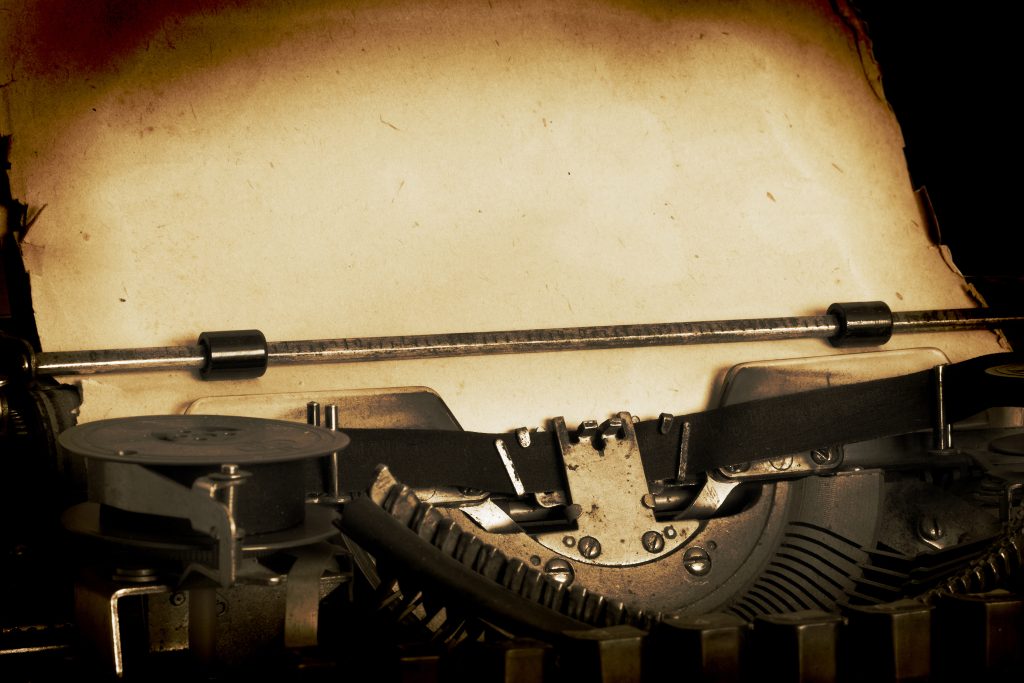Dear members many of us can trace out family back to the 1600’s and beyond but all we know about them is just the basic information. It would be nice to know more about what it was like living then. The following story is an account from one of my ancestor’s, I hope you enjoy it.
Notes for Isaac Bradley:
Early in the fall of 1695, a party of Indians appeared in the northerly part of the town, (Haverhill) where they surprised and made prisoners of Isaac Bradley, age fifteen, son of Daniel and Mary (Williams) Bradley, and Joseph Whittaker, age eleven, who were at work in the open fields near Joseph Bradley’s house. The Indians instantly retreated without doing any further violence, and pursued their journey through the wilderness until they arrived at their homes on the shores of the Winnipiseogee. “Isaac,” says tradition, was rather small in stature, but full of vigor and very active; he certainly possessed more shrewdness than most boys of his age. Joseph was a large, overgrown boy, and exceedingly clumsy in his movements.
Immediately after their arrival at the lake, the boys were placed in an Indian family; consisting of the man, his squaw, and two or three children. While they were with this family they became so well acquainted with the language, that they learned the language from the occasional conversation carried on in their presence between their master and the neighboring Indians of the same tribe. The Indians intended to carry them to Canada the following spring.
The spring came “with its early buds and flowers, and its pleasant south wind, and still they were prisoners.” Isaac, during this time, had been very ill with a fever, but by the care of the squaw, who treated them both with considerable kindness, had recovered.
From the time the plans of the Indians had been discovered, Isaac had been planning a mode of escape, and in April, his plans being matured, he appointed a night to put it in execution, without informing his companion till the previous day. That night Joseph soon fell asleep, and began to “snore lustily;” but then; was no sleep for Isaac. A little past midnight, he slowly and cautiously arose.
All was silent save the deep-drawn breath of the savage sleepers. Isaac stepped softly and trembling over the tawny bodies, and secured the tire-works of his master and a portion of his moose-meat and bread, which he carried to a clump of bushes at a short distances. He then returned and bending over Joseph, carefully shook him. Joseph only half awake asked, “What do you want?” Isaac, greatly alarmed, instantly lay down in his own place and began to snore as loudly as any of them.
Perceiving that they all slept, he arose and stepped softly out of the wigwam without again attempting to awaken Joseph. He had not reached the place where his provisions were concealed, when he heard footsteps approaching hastily behind him. With a beating heart, he looked back and saw Joseph. They ran at the top of their speed until daylight appeared, when they concealed themselves in a hollow log.
When their absence was discovered, their master collected a small party of Indians, with their dogs, and pursued them. The dogs struck upon their tracks, and in a short time came up to the log where the boys were, and barked loudly. The boys spoke to the dogs, which knew their voices, ceased barking and wagged their tails with delight.
They gave the dogs all of the moose-meat they had taken, and while they were eating it, the Indians passed close to the log without noticing the employment of their dogs. The dogs, after their meat was devoured, trotted after their masters. They lay in the log all day, and at night took a different route from the one taken by the Indians. They made only one or two meals on their bread, and after that was gone, they lived on roots and buds.
On the second day, they concealed themselves, but traveled the third night and day without resting. On the third day, they killed a pigeon and a turtle, which they ate raw, not daring to build a fire. They continued their journey night and day as fast as their wearied and mangled legs would carry them. On the sixth day, they struck into an Indian path and followed it till night, when they suddenly came within sight of an Indian encampment. They precipitately turned and all night retraced their steps. The morning found them seated side by side on the small bank of a small stream, their feet torn and bleeding and they weeping bitterly over their misfortunes.
The philosophy of Isaac taught him that the stream must eventually lead to a large body of water, so after refreshing themselves with a few roots they again started and followed its windings. They continued to follow it during that day and a part of the night. On the eight day, Joseph was completely exhausted. Isaac endeavored to encourage him to proceed; he dug roots for him to eat, and brought water to quench his thirst, but all in vain.
Isaac left him with a bleeding heart. He had traveled but a short distance, when he came to a newly raised building. He immediately retraced his steps, and found Joseph in the same place and position in which he had left him. He talked encouragingly to him, and after rubbing his limbs for a long time, he succeeded in making him stand on his feet. They then started together, Isaac part of the time leading him by the hand, and part of the time carrying him on his back. They reached Saco fort sometime in the following night, utterly exhausted, and emaciated almost to skeletons.
Isaac, as soon as he had regained his strength, started for Haverhill, and arrived safely at his father’s house. His father had heard nothing from him since he was taken, and expected never to see him again.
Joseph (Whittaker) was seized with a raging fever soon after he reached the Saco fort, and was for a long time very ill.
Isaac, son of Daniel and Mary Bradley; born Feb. 25, 1680, married Elizabeth, daughter of John and Elizabeth Clement of Haverhill.
Orlan Smith

